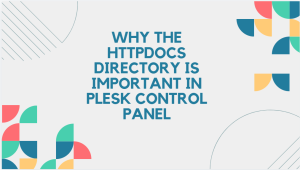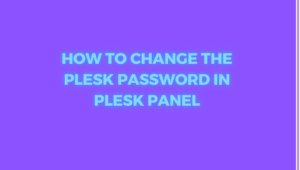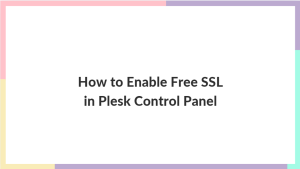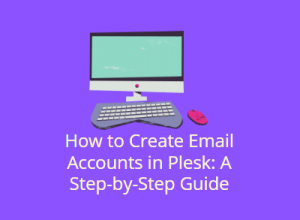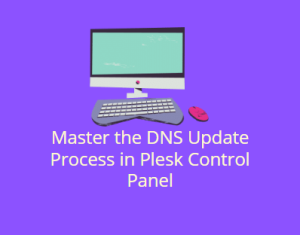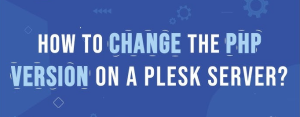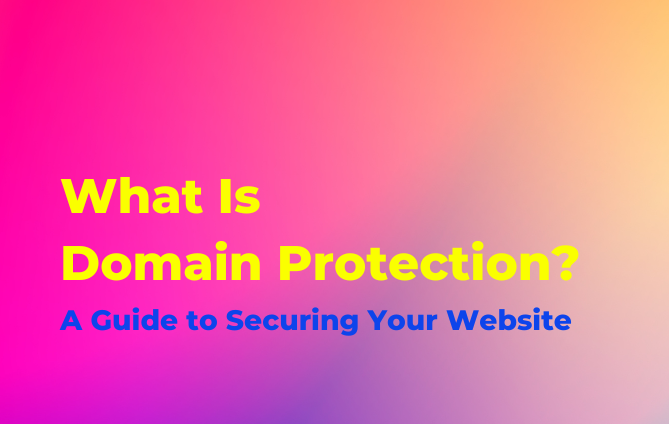
In today’s digital age, owning a domain name is an essential part of having an online presence. Whether you’re a business owner, a blogger, or simply someone looking to establish a personal brand, securing a domain name is one of the first steps you’ll take. However, registering a domain name comes with its own set of responsibilities and risks. One crucial aspect of domain registration that often gets overlooked is domain protection. In this guide, we’ll explore what domain protection is, why you might need it, and how it can benefit you.
Table of Contents
What is Domain Protection?
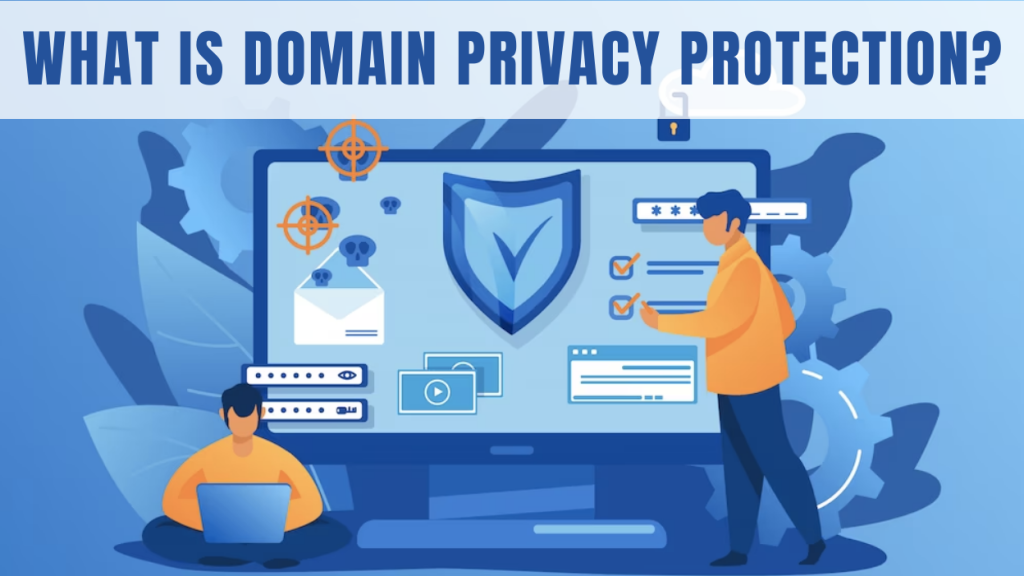
Domain protection, also known as domain privacy or WHOIS privacy, is a service offered by domain registrars to keep your personal information private. When you register a domain name, you are required to provide personal information such as your name, address, phone number, and email address. This information is then made publicly available in the WHOIS database, which can be accessed by anyone with an internet connection.
It replace your personal information with the contact information of the domain privacy service provider. This means that your personal details are not exposed to the public, and any inquiries or spam directed at your domain registration details are filtered through the privacy service provider.
Why is Domain Protection Important?
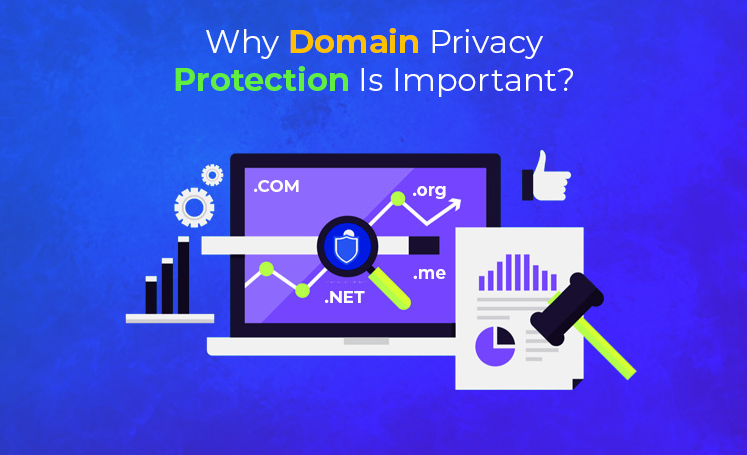
Privacy and Security: One of the main reasons to opt for domain protection is to safeguard your privacy. Without it, your personal information is publicly accessible, making it easy for anyone to find out who owns the domain. This can lead to unwanted solicitations, spam, and even potential identity theft.
Reduce Spam: Publicly available contact information in the WHOIS database is a goldmine for spammers and marketers. By masking your personal information, you can significantly reduce the amount of spam emails and phone calls you receive.
Prevent Identity Theft: Cybercriminals often use the WHOIS database to gather information about domain owners. With access to your personal details, they can attempt to impersonate you or gain access to other online accounts linked to your email address. It helps mitigate this risk by keeping your information private.
Avoid Harassment: For individuals who may have controversial or high-profile online presences, it can provide an additional layer of security against harassment and stalking. By keeping your contact information private, you can avoid unwanted attention and protect yourself from potential threats.
Professionalism: If you are running a business, having your personal contact information publicly available can come across as unprofessional. Using domain protection ensures that your business appears more legitimate and trustworthy, as your personal details are kept separate from your business operations.
How Does Domain Protection Work?
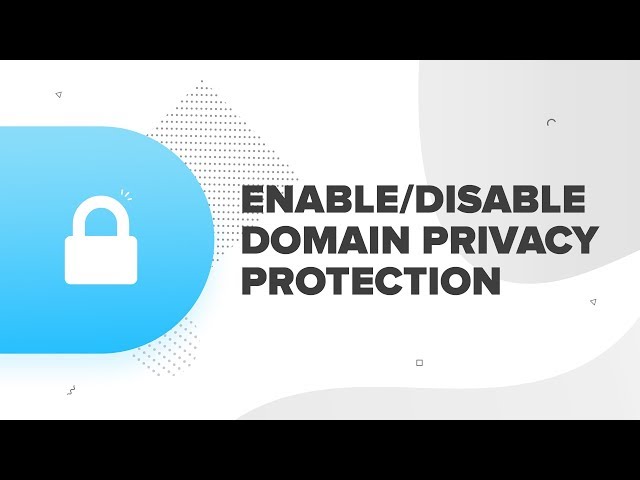
When you purchase it from your domain registrar, your personal information is replaced with the contact information of the domain privacy service provider. For example, instead of displaying your personal email address, the WHOIS database will show a proxy email address provided by the privacy service. Any communication sent to this proxy address is then forwarded to your actual email address, ensuring that your real contact information remains hidden.
Steps to Enable Domain Protection
Choose a Domain Registrar: Not all domain registrars offer domain protection services, so it’s important to choose a registrar that provides this option. Some popular registrars that offer domain privacy.
Select Domain Protection During Registration: When you register a new domain, you’ll typically be given the option to add domain protection as an add-on service. The cost of domain protection can vary depending on the registrar, but it is usually an affordable annual fee.
Activate Domain Protection for Existing Domains: If you already have a registered domain and want to add domain protection, you can usually do so through your registrar’s account management dashboard. Simply log in to your account, select the domain you want to protect, and enable the domain privacy option.
Verify Domain Protection Activation: After enabling domain protection, it’s a good idea to verify that your personal information has been successfully masked. You can do this by performing a WHOIS lookup on your domain and checking that the displayed contact information is that of the privacy service provider.
Pros and Cons
Like any service, it has its advantages and disadvantages. Here’s a quick overview to help you make an informed decision:
Pros:
- Enhanced Privacy: Your personal information remains hidden from the public, reducing the risk of spam, harassment, and identity theft.
- Professionalism: Separating your personal details from your business operations helps maintain a professional image.
- Peace of Mind: Knowing that your personal information is protected can give you greater peace of mind, allowing you to focus on growing your online presence without worrying about privacy issues.
Cons:
- Additional Cost: It typically comes with an annual fee. While it’s usually affordable, it’s an additional cost to consider when budgeting for your online presence.
- Not Foolproof: Although domain protection significantly reduces the risk of your personal information being exposed, it’s not a 100% foolproof solution. In some cases, determined individuals may still find ways to uncover your identity.
- Potential Legal Disclosure: In certain situations, such as legal disputes or law enforcement requests, the privacy service provider may be required to disclose your personal information.
Who Should Consider Domain Protection?
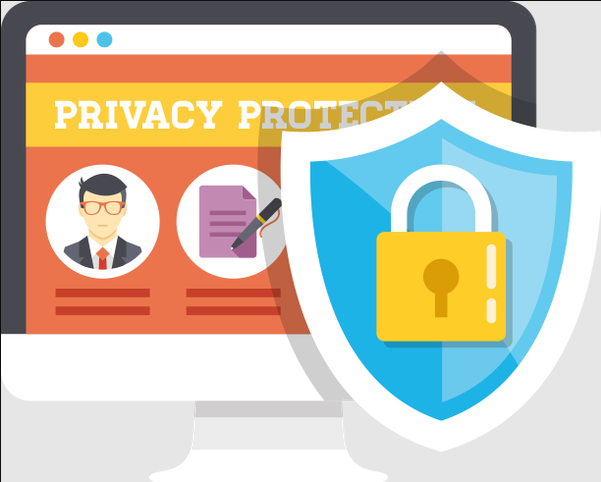
It is beneficial for almost anyone with a domain name, there are specific groups of people who should particularly consider this service:
- Business Owners: Protecting your personal information can help maintain a professional image and prevent unsolicited communications that could disrupt your business operations.
- Bloggers and Influencers: If you run a blog or have a significant online presence, domain protection can help shield you from harassment and keep your personal life private.
- Individuals Concerned About Privacy: Anyone who values their privacy and wants to minimize the risk of identity theft or spam should consider domain protection.
- High-Profile Individuals: Celebrities, public figures, and those with controversial opinions can benefit from the added security and privacy that domain protection offers.
Conclusion
In a world where privacy is increasingly hard to come by, it offers a simple yet effective way to safeguard your personal information. By masking your contact details in the WHOIS database, you can reduce the risk of spam, identity theft, and harassment. While it does come with an additional cost, the benefits of enhanced privacy and peace of mind often outweigh the expense.
Whether you’re a business owner, a blogger, or simply someone who values their privacy, domain protection is a worthwhile investment to consider. It’s a small price to pay for the added security and professionalism it brings to your online presence. So, as you take the steps to establish your domain, don’t forget to think about protecting it and yourself by opting for domain privacy.
